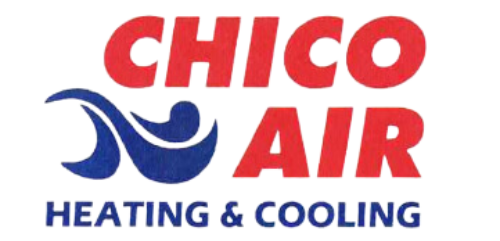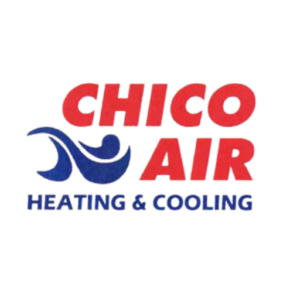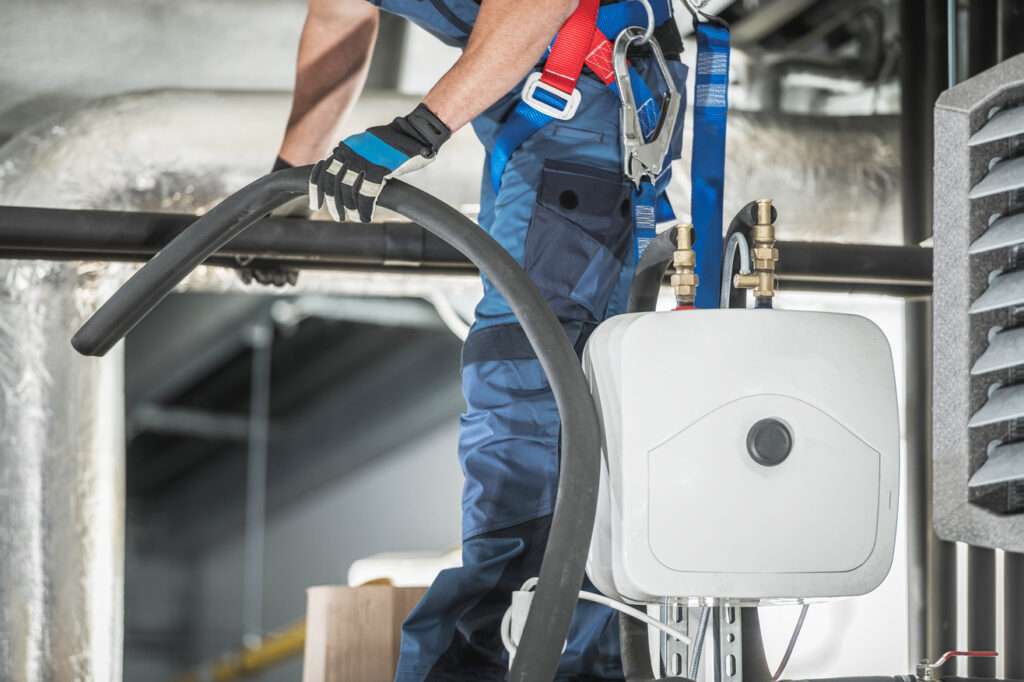As concerns about energy consumption, rising utility costs, and climate change continue to grow, more and more homeowners and businesses are seeking energy-efficient solutions for their HVAC (Heating, Ventilation, and Air Conditioning) needs. By investing in eco-friendly HVAC systems, consumers can not only reduce their carbon footprint but also save money on utility bills.
Benefits of Energy-Efficient HVAC Systems
- Reduced Energy Consumption: Energy-efficient HVAC systems utilize advanced technologies and designs to minimize energy use while maintaining optimal comfort levels. This reduction in energy consumption directly translates to lower utility bills, making it an attractive option for budget-conscious consumers.
- Lower Greenhouse Gas Emissions: By using less energy, energy-efficient HVAC systems contribute to fewer greenhouse gas emissions, which are a major contributor to climate change. This allows homeowners and businesses to reduce their environmental impact and support global efforts to combat climate change.
- Enhanced Comfort: Many energy-efficient HVAC systems offer better temperature and humidity control, resulting in a more comfortable and consistent indoor environment. This can lead to improved overall well-being and productivity.
- Increased Property Value: Homes and commercial properties equipped with energy-efficient HVAC systems may have higher market values, as these systems are increasingly seen as a valuable and desirable feature by potential buyers and tenants.
Latest Technologies and Certifications
- Variable Refrigerant Flow (VRF) Systems: VRF technology allows for precise control of refrigerant flow, which can adapt to changing heating and cooling demands. This results in improved energy efficiency and reduced energy consumption.
- Inverter Technology: Inverter-driven compressors in HVAC systems can modulate their speed to match the specific heating or cooling needs of a space, leading to significant energy savings compared to traditional fixed-speed compressors.
- Heat Pump Systems: Heat pumps transfer heat from one place to another instead of generating it, making them an energy-efficient alternative to conventional furnaces and air conditioners. Some heat pump models can also provide both heating and cooling, further enhancing their efficiency.
- ENERGY STAR Certification: HVAC systems that have earned the ENERGY STAR label meet strict energy efficiency guidelines set by the U.S. Environmental Protection Agency (EPA). These systems can save up to 20% or more on energy costs compared to non-certified models.
Tips for Choosing the Right Energy-Efficient HVAC System
- Determine your needs: Consider factors such as property size, climate, and specific heating and cooling requirements when selecting an energy-efficient HVAC system.
- Research available options: Explore the latest energy-efficient technologies and certifications to find a system that meets your needs and budget.
- Consult with professionals: Seek advice from qualified HVAC professionals who can help you evaluate your options and choose the right system for your property.
- Factor in long-term savings: While energy-efficient HVAC systems may have higher upfront costs, the long-term energy savings can offset these expenses and result in a positive return on investment.
Investing in energy-efficient HVAC systems offers numerous benefits, including reduced energy consumption, lower utility bills, a smaller carbon footprint, and enhanced comfort. By understanding the latest technologies and certifications and consulting with professionals, you can choose the right eco-friendly HVAC system for your needs and enjoy the long-term benefits of going green.






